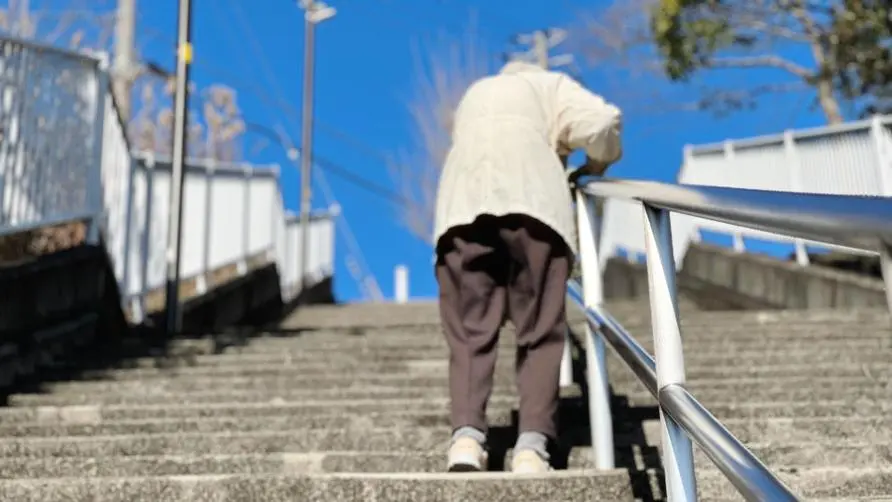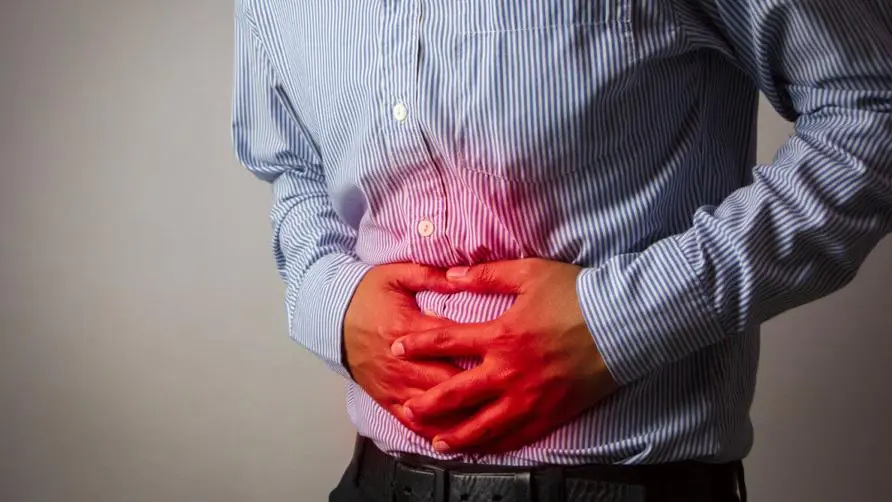After taking medicine for dizziness for 2 years, she found that her arteries were completely clogged after a checkup! Doctor: The risk of sudden death is high in winter

She took vertigo medicine for 2 years and her symptoms did not improve. When she was examined, she was found to have angina.
The weather has been cold recently and the temperature difference between day and night is huge. At-risk groups should pay attention to the risk of “angina pectoris” (also known as angina pectoris)! Dr. Zhang Zhao, Director of the Cardiac Intensive Care Unit of the Cardiovascular Center of Cathay General Hospital, pointed out that a 70-year-old female elder was previously treated. She suffered from dizziness and went to the otolaryngology department of another hospital. No related causes such as vertigo were found. However, he continued to take anti-sickness medication for 2 years.
However, as the symptoms continued to not improve, he was consulted by a neurology department, but no cranial nerve problems were found. Finally, after examination by supervisor Zhang Zhao, it was found that the patient’s right coronary artery had stenosis and the lower wall of the myocardium was hypoxic, and he was diagnosed with “angina”. Fortunately, after the doctor used balloon dilation to prop up the inner wall of the narrowed blood vessel and reestablish blood flow, the patient no longer felt dizzy. He could finally go into the kitchen and make snacks while standing happily without fear of fainting.
Are there three high-risk problems that are more likely to cause angina? Doctor: The risk of sudden death is high in winter
Supervisor Dr. Zhang Zhao explained that angina is a coronary artery disease. When the coronary arteries harden, narrow or become blocked, it will cause irregular blood flow in the heart. 80% will have symptoms of chest tightness and pain, 10% will have abdominal pain, and only a few will have symptoms of about 5 % will experience dizziness, or even be asymptomatic.
It is speculated that this female patient lacks hormones to protect the cardiovascular system after menopause, is overweight, and has three high blood pressure problems. She usually does not control the three high blood pressure and often eats greasy food and does little exercise, which leads to hardening and stenosis of the right coronary artery, and rare atypical symptoms. Fortunately, timely detection and symptomatic treatment can avoid the occurrence of fainting, brain hemorrhage, or myocardial tissue necrosis due to lack of blood and oxygen supply, resulting in sudden death from myocardial infarction.
According to statistics on the top ten causes of death by the Ministry of Health and Welfare, heart disease still ranks second, claiming more than 20,000 lives every year (excluding hypertension). The risk groups that are prone to angina include men over 40 years old, women over 60 years old, postmenopausal women, patients with high blood pressure, lack of exercise, overweight, high stress, people with a family history of coronary artery disease, and long-term smokers.
How to avoid sudden death caused by angina? 10 reminders from doctors: These actions are dangerous
Supervisor Dr. Zhang Zhao reminded that the above-mentioned high-risk groups should pay attention to avoid sudden and intense exercise, lifting heavy objects when climbing hills or stairs, going out in cold weather or seasonal changes, and experiencing high emotional fluctuations to avoid triggering angina. Clinically, electrocardiogram, cardiac ultrasound, nuclear medicine, and cardiac catheterization can be used to help diagnose whether you have coronary artery disease. If coronary artery disease is diagnosed, further treatment with drugs, balloon dilatation, or cardiovascular bypass surgery will be considered.
Supervisor Dr. Zhang Zhao reminds the public that the seasons are changing recently, and when the weather turns cold, blood vessels are prone to constriction. If the public develops symptoms such as chest tightness and pain, they need to be more vigilant and it is best to seek medical examination. If people have symptoms of dizziness and have had their otolaryngology or neurology problems ruled out by a doctor, they should consider going to a cardiology outpatient clinic to check whether they are suffering from coronary artery disease such as angina, myocardial infarction, etc., and seek medical diagnosis as early as possible to avoid delays in seeking medical treatment. In severe cases, There is a possibility of sudden death.
Finally, Supervisor Dr. Zhang Zhao recommended that the public should develop regular exercise, healthy diet, normal work and rest, control the three highs, maintain an ideal weight, and not smoke to avoid hardening of the arteries and reduce the occurrence of coronary artery disease.





